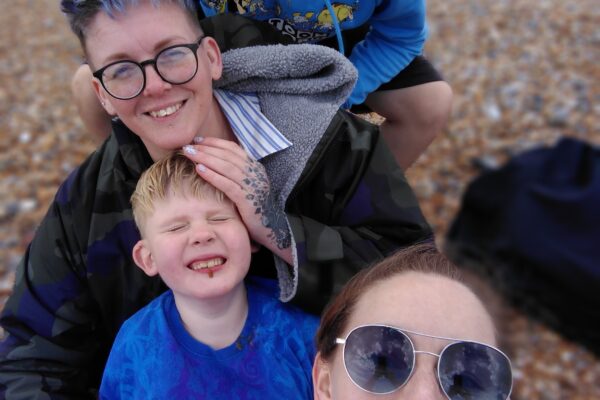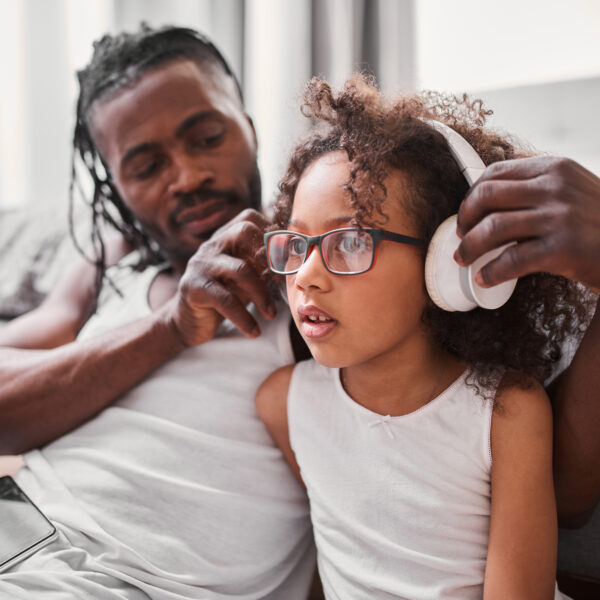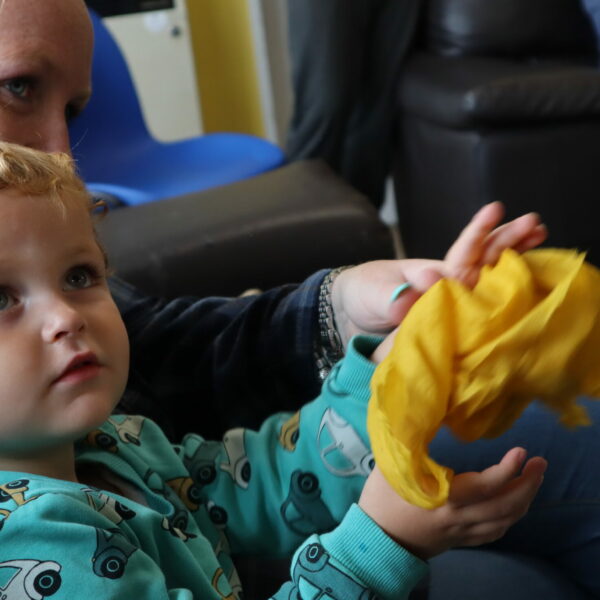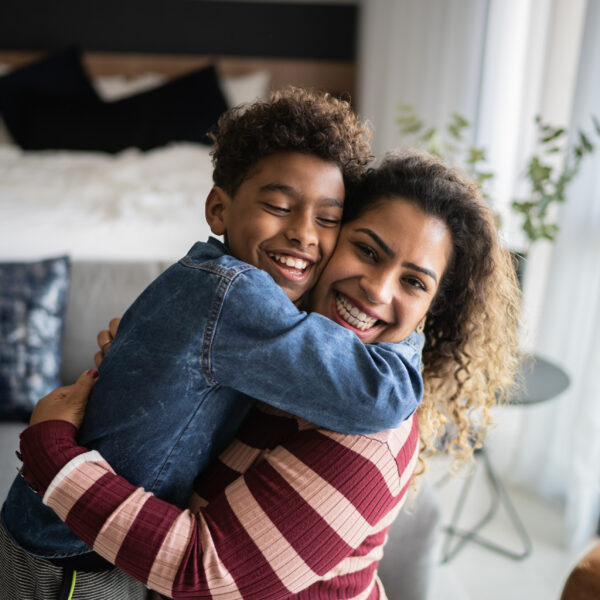Autism
Information and signposting for parent carers of an autistic child or young person or for those exploring an autism assessment.
What is autism?
Autism is a lifelong neurodevelopmental difference. It affects how a person communicates and interacts and makes sense of the world around them.
Autism is a spectrum condition, which means it is different for every autistic person, for example, one autistic person may be highly sensitive to noises or smells, but not have special interests. Another may experience difficulties with certain processes like planning or focus – often called ‘executive function‘ – but their sensory perception is similar to a non-autistic person.
Like many conditions, the way in which autism affects a person can change over time, which means that their needs can change too. Together, different ways of being autistic are known as autistic spectrum conditions (ASCs).
What is autism? - National Autistic Society
A word about language
We talk about autism as a ‘neurodevelopmental difference’ in line with our neuro-affirmative approach but also make reference to autism being a ‘neurodevelopmental condition’ as this reflects the language you are likely to hear in communications with services, particularly during assessments by health practitioners. See our page on Amaze’s use of language for more information on this.
Autistic characteristics
Autistic children and young people may differ from their non-autistic peers in some of the following ways:
- social communication, interaction and imagination
- sensory differences so a person may love spinning lights, but hate loud noises, for example
- having special interests or passions
- showing repetitive patterns of behaviour like saying a phrase over and over, flapping their hands or spinning
- executive function differences such as in working memory, flexible thinking and emotional regulation. For example, a person might be very good at visual processing but have slower auditory processing so they find listening to instructions harder than having them written down.
Some things that non-autistic people can handle relatively easily, for example a busy, loud train, can be very difficult for an autistic person and cause distressed behaviour.
Autistic people may have learning difficulties such as dyslexia or a learning disability. Having one neurodevelopmental difference also increases the likelihood of having another. Some autistic people may have other conditions such as: attention deficit hyperactivity disorder (ADHD); dyspraxia, (also known as Developmental Coordination Disorder DCD) which affects coordinating thoughts and movements; epilepsy; symptomatic hypermobility; or Tourette syndrome.
It’s important to remember that, though we are listing common characteristics of autism here, every autistic person is unique and has their own specific strengths and differences.
Getting an autism diagnosis
If your child is primary school age or under, you could speak to their health visitor, school, school nurse, or GP about your concerns and based on these, they can they make a referral to your local Children’s Development Centre (CDC). For Brighton & Hove residents, this would be Seaside View, and for East Sussex, East Sussex Healthcare Trust (ESHT).
If your child is secondary age to 18, you can contact Brighton & Hove Wellbeing Service or East Sussex Single Point of Access (SPOA) to request what’s called a screening pack for you and your child’s school to complete. The screening packs will be reviewed, and they will let you know if your child has been accepted for assessment on the neurodevelopmental pathway by your local CAMHS neurodevelopmental pathway team.
If your young person is aged 18+, they can contact their GP to discuss a referral for an autism assessment through adult NHS services. If they agree to refer, you may want to ask about the ‘Right to Choose’ scheme through which you have the legal right to choose the organisation (qualified provider) that assesses you, as long as that organisation has an NHS Standard Contract with your local NHS Commissioning Group or NHS England.
Support while waiting for an autism assessment
The good news is that some support can be accessed without a formal diagnosis.
In schools and nurseries, for example, if your child is identified as having a special educational need or disability (SEND), they are entitled to get any extra support they need to make progress, whether they have a diagnosis or not. We cover getting SEN support in school in much more detail in our Education section.
There are other services that can help while you are waiting, too.
Amaze’s NDP Family Support service is for parent carers with a child who is at any point along the assessment pathway for a neurodevelopmental difference such as autism and ADHD. You can get advice and guidance right from when a problem is first flagged, through assessment, diagnosis (or otherwise) and beyond.
You can also attend or connect digitally with our parent support groups across Brighton & Hove and East Sussex and contact our SENDIASS advice line for impartial information, advice and support on education, health, social care and disability related benefits.
For details of other local services, see your Local Offer. This is your local authority’s online listing of all the services and support that are available to families of children and young people with SEND in the area.
Local autistic support services
BHISS Autism Support Team – Brighton & Hove Inclusion Support Service supports autistic children aged 4 to 16, and their teachers, in their educational setting. They also deliver autism workshops and training for parent carers, usually in school. Call 01273 293 481 or email [email protected]
East Sussex County Council CLASS+ service – support for families with autistic children including advice, coffee mornings, workshops and short term support at home. Part of the county council Targeted Support CLASS service that gives specialist support to schools in East Sussex for 4 to 16 year olds with autism, communication and learning difficulties. Call 01273 336887 or visit the Class+ Facebook page.
East Sussex County Council Spectrum Autism Support – helps young people with autism aged 0 to 19 to join in activities and their community independently. Runs skills award course and groups for 10 to 18 year olds. Call 01424 724700 or email [email protected]
Aspens – family support groups and clinics, parent carer courses and workshops and a variety of groups for children and young people with autism across East Sussex. Also runs holiday clubs.
Support groups
Amaze runs regular groups in Brighton & Hove and East Sussex for parents and carers of children with additional needs, some of which are specifically for parents of children with autism or other neurodevelopmental differences. See our parent support groups page.
mASCot – is a peer-led support group for families who have autistic children, or children with autistic traits. It has a private online forum and holds regular meetups. They are based in Brighton and Hove but do have some East Sussex members. Email: [email protected] or visit their website.
Brighton Pebbles – is a support group for parents and carers of children with any disability, especially those who find it difficult to access mainstream activities, for instance, those with severe autism or distressing behaviour. Visit their website or join their private Facebook group.
More about autism
Videos
National autistic society video What is autism?
Amazing things happen – Introduction to autism
Online and printed resources
Ambitious About Autism – national charity for autistic children and young people.
Amaze’s Autism fact sheet (pdf 2mb)
Amaze’s Masking explainer (pdf 680kb)
National Autistic Society – Advice and guidance
National Autistic Society Telling your child about their autism diagnosis
Books about autism: there are many excellent books about autism, written by autistic people, their families and professionals. Look out for Temple Grandin, Steve Silberman, Naoki Higashida or Tony Attwood.
Get NDP Family Support
Parents and carers in Brighton & Hove or East Sussex with a child (under 25) at any stage on the neurodevelopmental pathway can get support from Amaze’s NDP Family Support Service.
